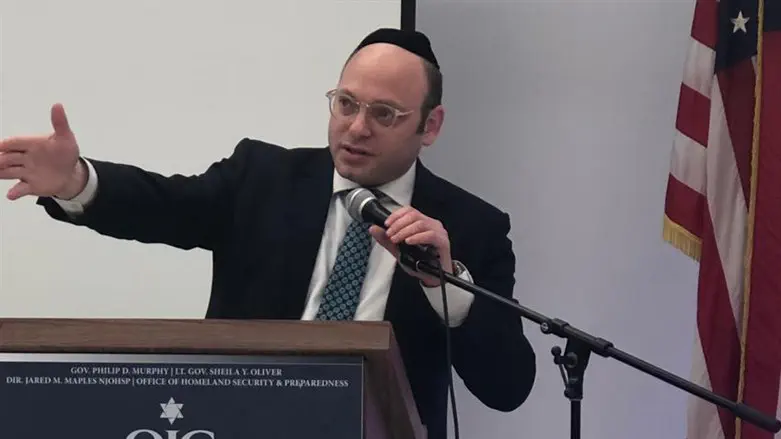
The ambitious diplomatic endeavors of President Donald Trump and his administration in the Middle East have undeniably drawn significant attention. By forging connections with countries that do not traditionally align with Western values, Trump sought to create new alliances and economic bridges between the U.S. and Middle Eastern nations. While these efforts to explore untapped diplomatic potential are commendable, they also raise pertinent questions about long-term implications and strategic foresight.
**Potential Risks of Unification**
One of the central concerns revolves around the possibility of Middle Eastern countries, once unified, becoming a formidable bloc with interests contrary to those of the West, particularly regarding Israel. There's an underlying apprehension that these nations could leverage their united front in international arenas, challenging Western policies and democratic values. History has shown that alliances formed without careful consideration of shared values and long-term goals often lead to unforeseen consequences. The example of the United Nations, originally founded to foster global peace but often criticized for its stances on issues such as Israel, serves as a cautionary tale.
**Economic Dependencies and Threats**
Another significant concern is the reliance on substantial investments from Gulf countries, many of which have complex histories with the West, including the support or harboring of terrorism. By integrating these economies closely with that of the United States, there is a risk of creating an economic dependency. This scenario could potentially empower these nations to exert undue influence, threatening U.S. economic stability or demanding concessions that conflict with Western principles. The danger lies in inadvertently constructing a 'monster' that might prioritize its cultural demands over mutual interest, with the leverage of significant financial investment.
**Learning from History**
The initiative to foster a unified Middle East with robust ties to the West is laudable for its vision of cooperation and peace. However, it must be navigated with caution, learning from past experiences where well-intentioned efforts did not always yield positive outcomes. Just as the formation of the UN was driven by a desire to prevent future conflicts but has evolved to abuse what it was created for, so too must current diplomacy be flexible, yet vigilant and assure an exit strategy is in place to demolish a monster that once fully established might unite against the West and Israel.
**A Call for Strategic Safeguards**
As Jews and Americans, there is rightful concern about whether there are sufficient safeguards or strategic contingencies in place should these new alliances turn adversarial. The fundamental question remains: is the United States building an emergency mechanism to neutralize any rising superpower arising from these alliances, or is it a gamble based largely on hope?
While the vision of a new Middle East characterized by peace and cooperation is indeed appealing, careful diplomatic crafting, continuous assessment, and contingency planning are paramount to preventing potential backlashes that could undermine and threaten America's interests in the region and beyond.
Duvi Honig is founder and Chief Executive Officer of the Orthodox Jewish Chamber Of Commerce and J-biz Expo